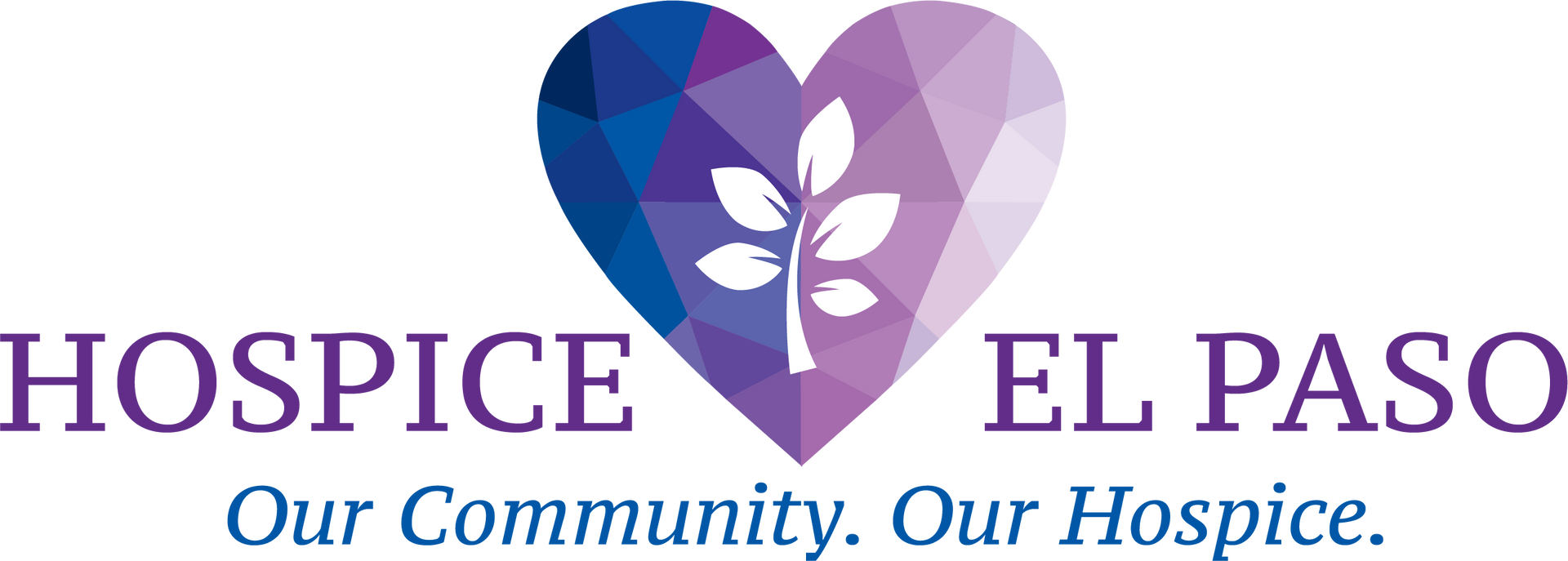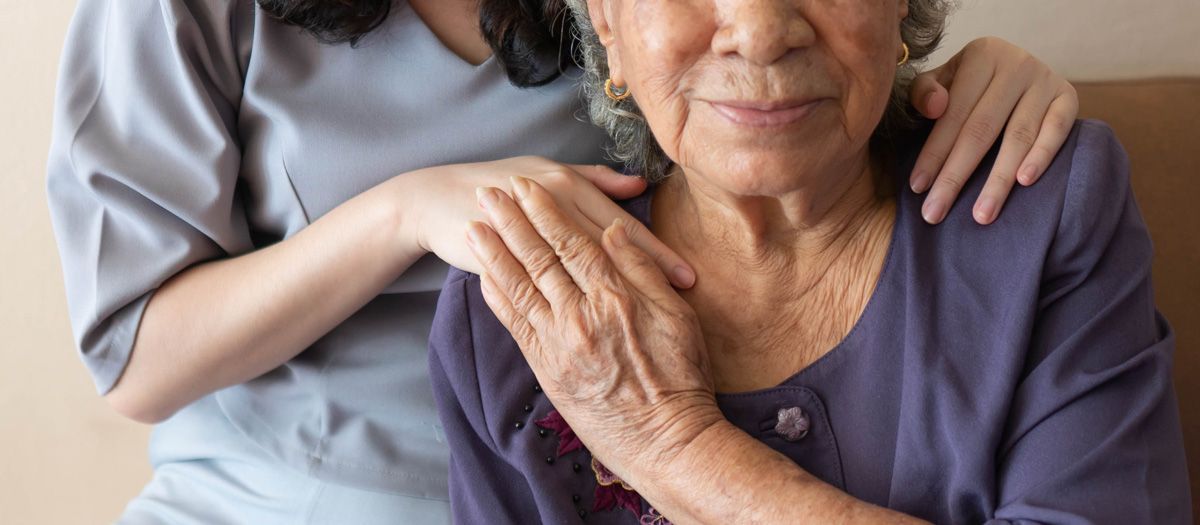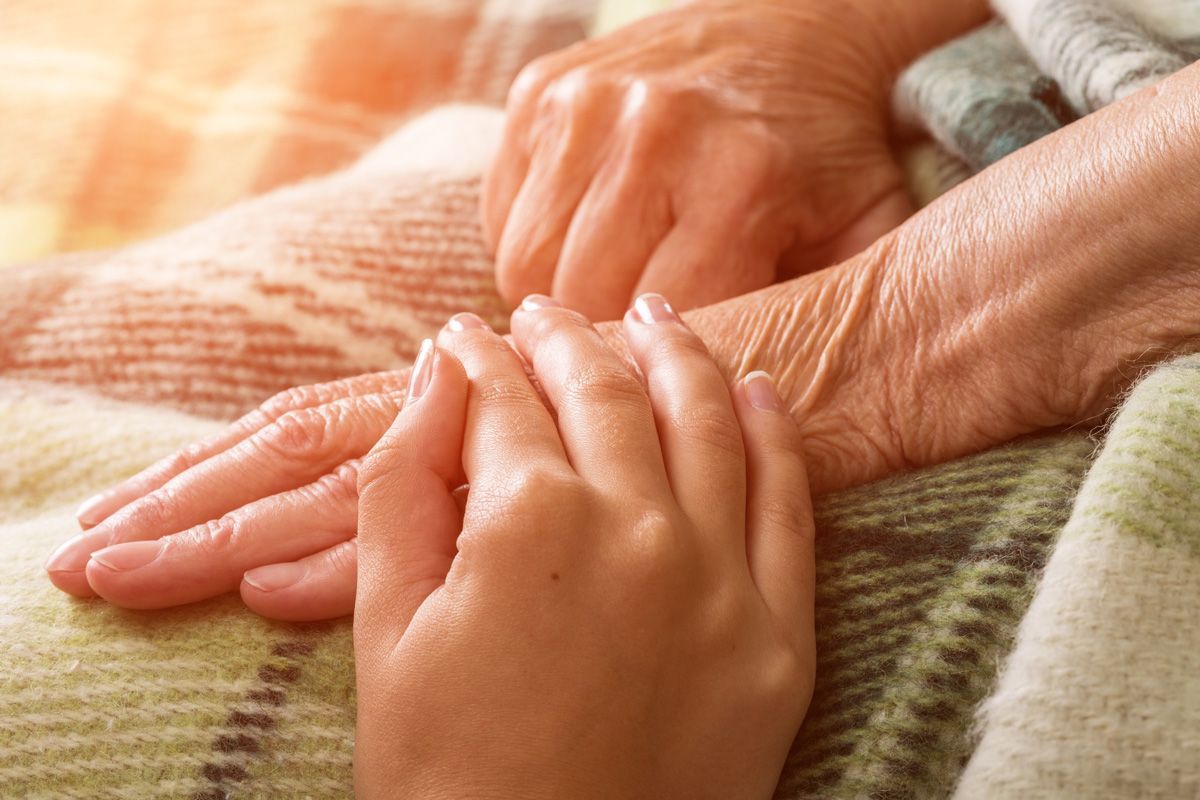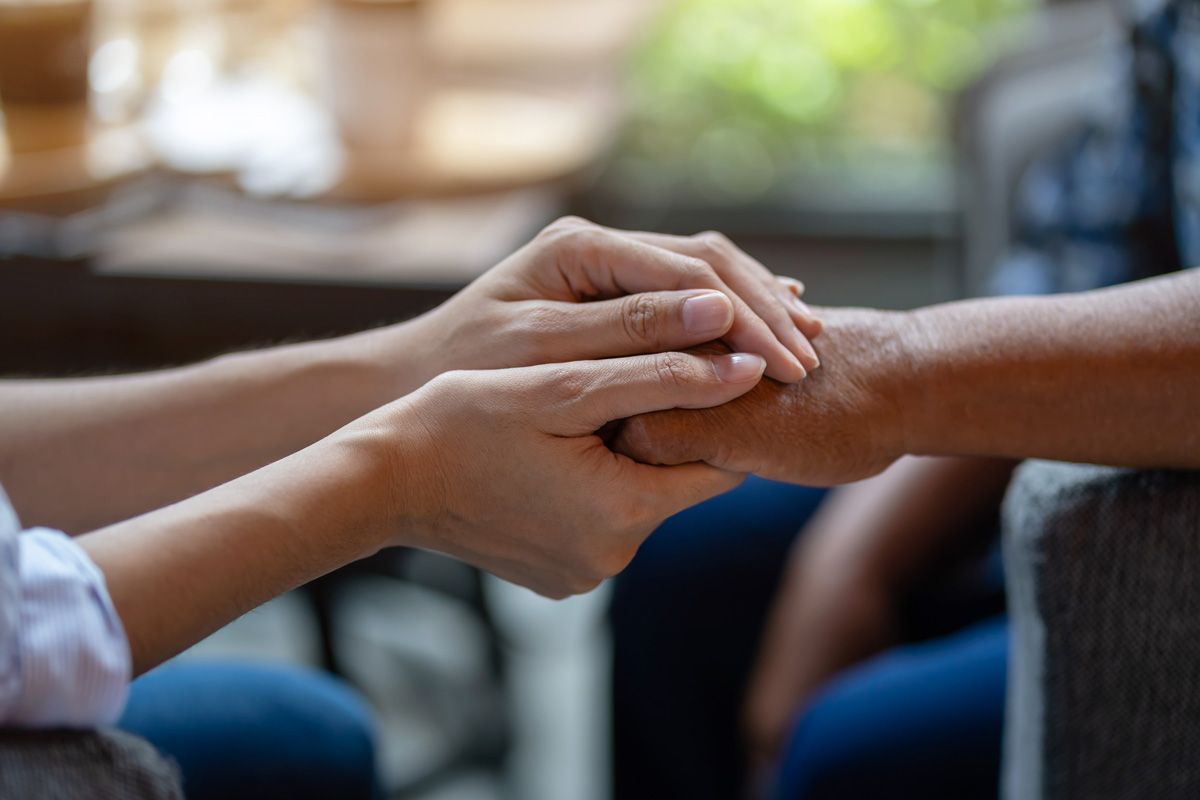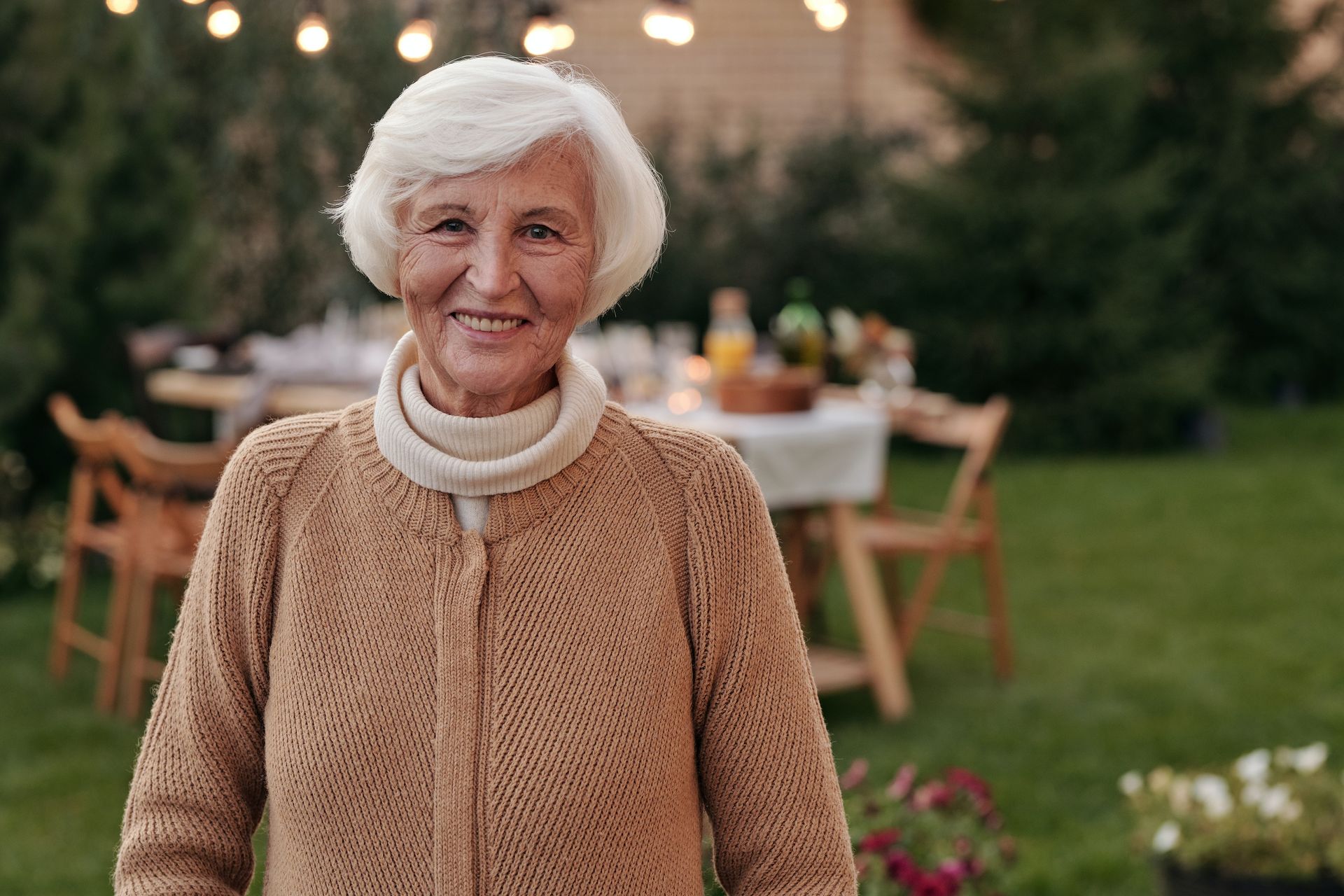Southwest Regional Hospice & Palliative Care Symposium
Check Out the Agenda and Speakers for the
Southwest Regional Hospice & Palliative Care Symposium

SCHEDULE OF EVENTS
Friday, January 19, 2024
7:30 – 8:15 a.m. Registration / Continental Breakfast / Exhibitors / Yoga
8:15 – 8:30 a.m. Welcome – Dr. James Voiland and Dr. Juan Guillermo Becerra, MD
8:30 – 9:30 a.m. TOPIC: Changing the Face of Palliative Care
PRESENTER: Eduardo Bruera, MD, UT MD Anderson Cancer Center, Houston, TX
9:30 – 10:30 a.m. TOPIC: Cancer Rehabilitation
PRESENTER: Kerry Tobias, DO, St. Joseph's Hospital and Medical Center, Phoenix, AZ
10:30 – 10:45 a.m. Break/Visit Exhibitors
10:45 – 11:45 a.m. TOPIC: Palliative Care in the Borderland
PRESENTER: Jeanne Lee, MD, Palliative Care Physician, El Paso, TX
11:45 – 12:45 p.m. Lunch (Sandwich variety), Exhibitors, and Raffles
12:45 – 1:45 p.m. TOPIC: Taking Death Out of the Hospital
PRESENTER: Gail Rubin, CT, Albuquerque, NM
1:45 – 2:45 p.m. TOPIC: Selective Topics in Pediatric Medicine: Our Kids’ Journey
PRESENTER: Dr. Avi Kopstick, MD, El Paso, TX
2:45 – 3:00 p.m. Break/Visit Exhibitors
3:00 – 3:30 p.m. Caring with Grace and Q&A
3:30 – 4:30 p.m. TOPIC: Non-Pharmacological Interventions for Patients Living with Advanced Illness in Pain
PRESENTER: Marvin Omar Delgado Guay, MD, UT MD Anderson Cancer Center, Houston, TX
4:30 – 5:30 p.m. TOPIC: Developing Palliative Care in Hospitalized Patients
PRESENTER: Jay Patel, MD, MPH, FAAHPM, Phoenix, AZ
5:30 – 6:00 p.m.
Symposium Evaluations / Adjournment
Saturday, January 20, 2024
7:30 – 8:15 a.m. Registration / Continental Breakfast / Exhibitors / Yoga
8:15 – 8:30 a.m. Welcome – Dr. James Voiland and Dr. Juan Guillermo Becerra, MD
8:30 – 9:30 a.m. TOPIC: Practical Cannabis Counseling for Patients
PRESENTER: Caroline Cubbison, MD, Dana-Farber Cancer Institute, Salem, MA
9:30 – 10:30 a.m. TOPIC: Medicare Hospice Benefit Update
PRESENTER: Luis Guerra, MD, El Paso, TX
10:30 – 10:45 a.m. Break/Visit Exhibitors
10:45 – 11:45 p.m. TOPIC: Methadone & Buprenorphine: When & How to Use Bigger Guns
PRESENTER: Dr. Juan Guillermo Becerra, MD, El Paso, TX
11:45 – 12:15 p.m. Conference Q&A
12:15 – 12:30 p.m. Symposium Evaluations / Adjournment
All attendees will have meals included and access to the conference for the days that they registered for.
CEUs, including ethics, will be given out at the end of the completed session of attendance. Each presentation will be 1 credit.
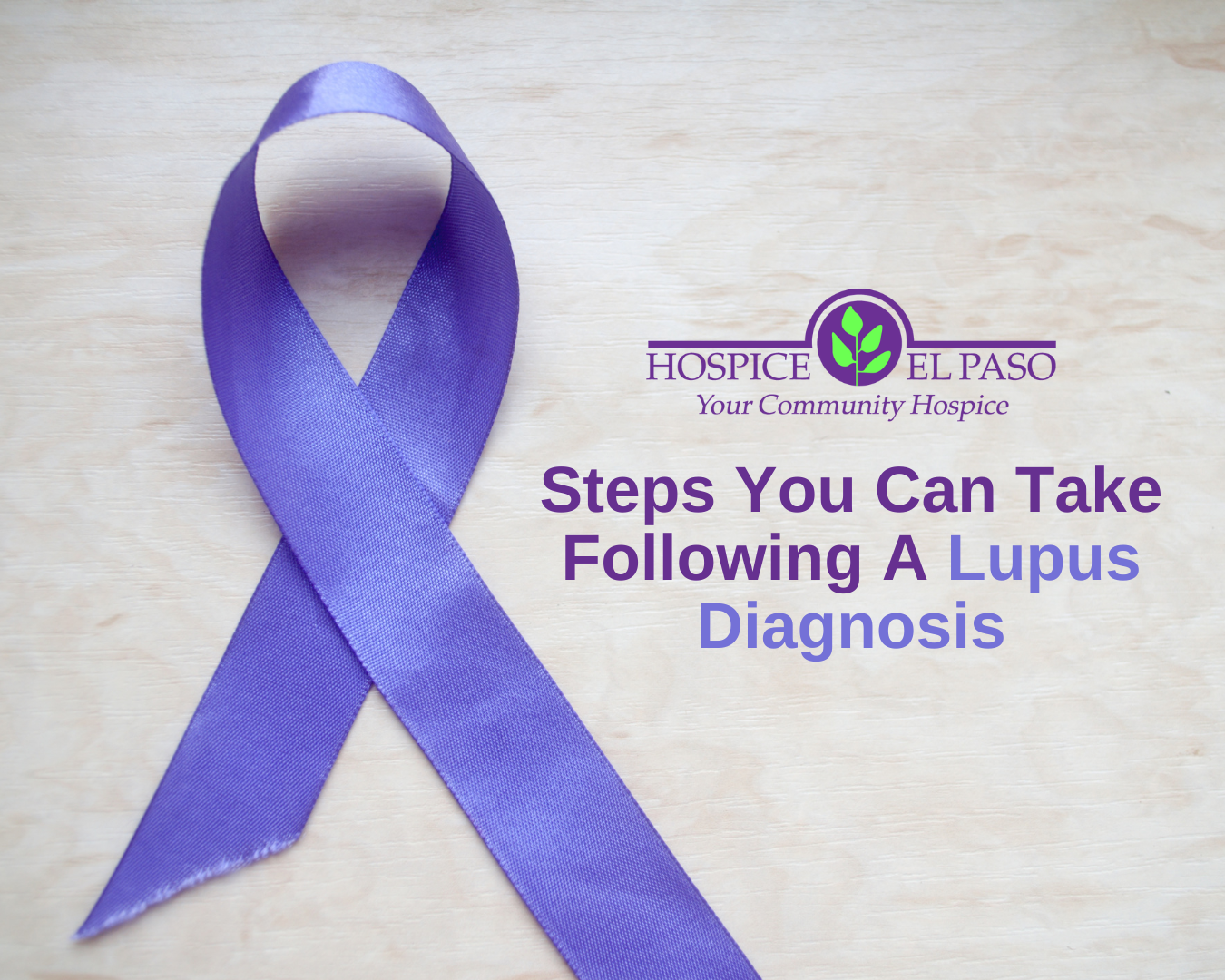
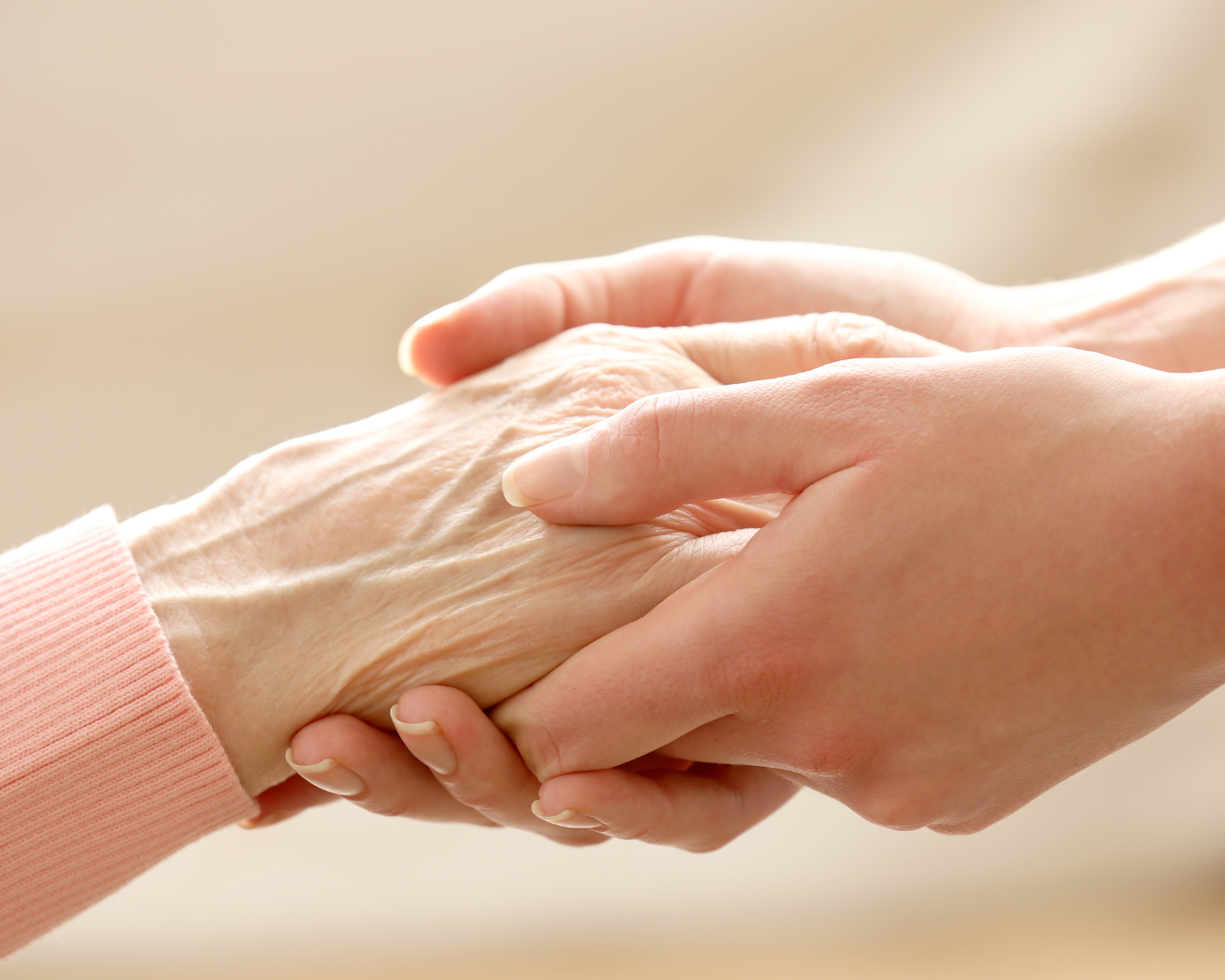
OUR SERVICES
OUR ORGANIZATION
Hospice El Paso is a recognized 501(c)3 charitable organization
Hospice El Paso is a recognized 501(c)3 charitable organization |
Copyright © 1982-2023 Hospice El Paso, All Rights Reserved
Copyright © 1982-2024 Hospice El Paso, All Rights Reserved |






